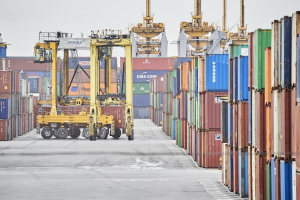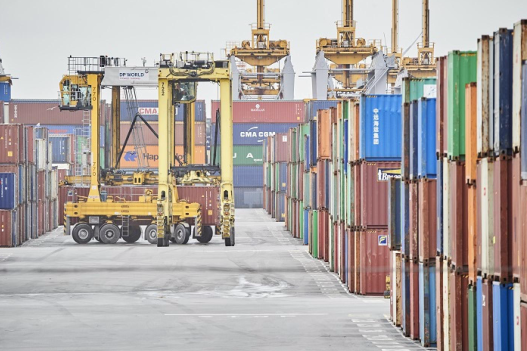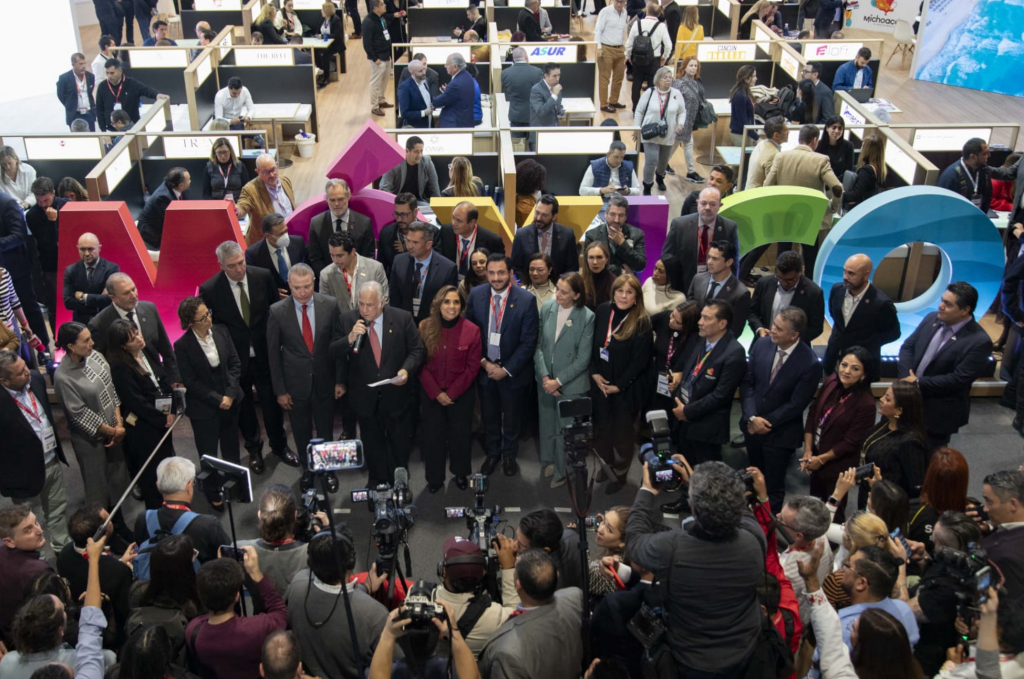
THE EUROPEAN COMMISSION LAUNCHES THE PUBLIC-PRIVATE PARTNERSHIP 'EUROPEAN PORTS ALLIANCE' TO FIGHT ORGANIZED CRIME AND DRUG TRAFFICKING
The Commission and the Belgian Presidency of the Council of the EU, together with Member States, port authorities, European associations, EU agencies (Europol, EMCDDA) and representatives of customs and police authorities launch today, 24 January 2024, the European Ports Alliance Public-Private Partnership.
The partnership aims to bring together all relevant stakeholders to find solutions to protect ports from drug trafficking and criminal infiltration.
This follows up on the EU Roadmap to fight drug trafficking and organized crime and is in line with European Commission President Ursula von der Leyen’s commitment to take action by 2024 to fight drug smuggling and criminal infiltration in European ports.
The launch of the European Ports Alliance Public-Private Partnership comes against a backdrop of criminal networks using extreme violence, corruption and intimidation in their quest for profit. Cocaine seizures in the EU are at record levels, with more than 300 tons seized annually in recent years. In Belgium alone, authorities seized a record 121 metric tons of cocaine at the port of Antwerp-Brujas in 2023, a 10% increase over the previous year.
Ports contribute 75% of the EU’s external trade volume and 31% of the EU’s internal trade volume. As such, ports are particularly vulnerable to drug smuggling and exploitation by high-risk criminal networks. Criminals use ports to arrange the passage of containers containing illicit goods into the EU. This includes drug trafficking, one of the most lucrative criminal activities, which poses significant threats to EU security. This is why public and private port operators, from port authorities to terminal operators and shipping and logistics companies, play a crucial role in port security and EU security.
THE OBJECTIVES
The European Ports Alliance aims to:
– To mobilize the customs community against drug trafficking to strengthen risk management and more targeted and effective controls in ports, to take into account the fact that 70% of drug seizures made by customs take place in ports;
– To strengthen law enforcement operations in ports and against criminal organizations orchestrating drug trafficking with the support of Europol, Eurojust, the European Public Prosecutor’s Office and through specific actions within the European Multidisciplinary Platform against criminal threats; and
– Establish a Public Private Partnership to help against drug smuggling to raise awareness among the different actors but also to support port authorities and private shipping companies in their role in the fight against drug trafficking and criminal infiltration.
This public-private partnership will strengthen the resilience of ports and intensify the fight against drug trafficking and criminal infiltration. It will focus on identifying vulnerabilities, sharing best practices and finding practical solutions to strengthen port security. It will address intimidation, corruption and criminal infiltration in ports by implementing international and EU security standards and cooperation between law enforcement and customs with public and private operators working in ports.
The launch will be followed by a joint statement declaring the commitment of law enforcement, customs and public and private operators working in ports to jointly address the threats posed by organized crime.
SHCENGEN EVALUATION
The work of the European Ports Alliance will be further supported by the results of the Schengen evaluation on drug trafficking , which was concluded in November 2023. This thematic evaluation was the first such exercise under the new Schengen Evaluation and Monitoring Mechanism Regulation.
As a follow-up to the evaluation, the Commission today adopts a proposal for the Council to consider the best practices identified during the 2023 Schengen thematic evaluation. The 2023 evaluation assessed Member States’ capacities in the field of police cooperation, external border protection and management of IT systems to fight drug trafficking in the EU.
FOLLOW-UP
Following the launch event, the PPP will meet annually at ministerial level to identify outstanding challenges, set strategic priorities and exchange on progress made. Meetings of senior officials will be held to prepare and follow up on the priorities set by the annual ministerial meeting.
The fight against organized crime and drug trafficking is a priority for the Commission, as described in the EU Strategy for a Security Union, the EU Strategy to combat organized crime and the EU Drugs Strategy.
On October 18, 2023, the Commission adopted the EU Roadmap to fight drug trafficking and organized crime , which included the European Ports Alliance as a flagship initiative, bringing together all relevant public and private actors in the fight against drug trafficking and criminal infiltration in logistics hubs.
—-
This news item was originally published in Aquí Europa, with whose permission we reproduce it.



